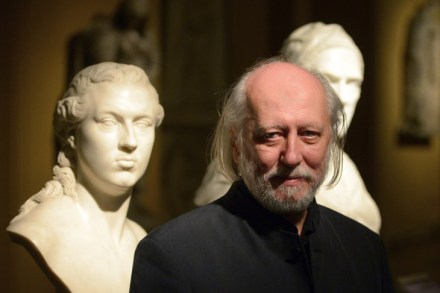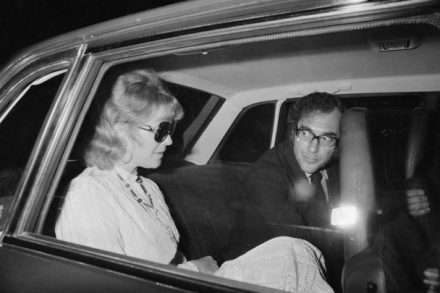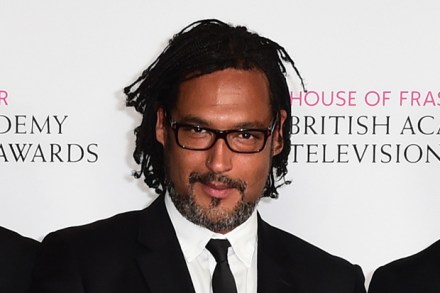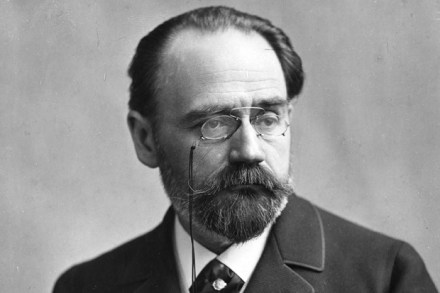Lord of the Arctic
More from BooksAccording to the author of this beautifully illustrated, hugely engaging book, if we were ever to choose a fellow mammal to serve as symbol for our time, then the polar bear would probably make any shortlist. Standing ten feet tall on their hind legs and weighing as much as a ton, the males are the






























